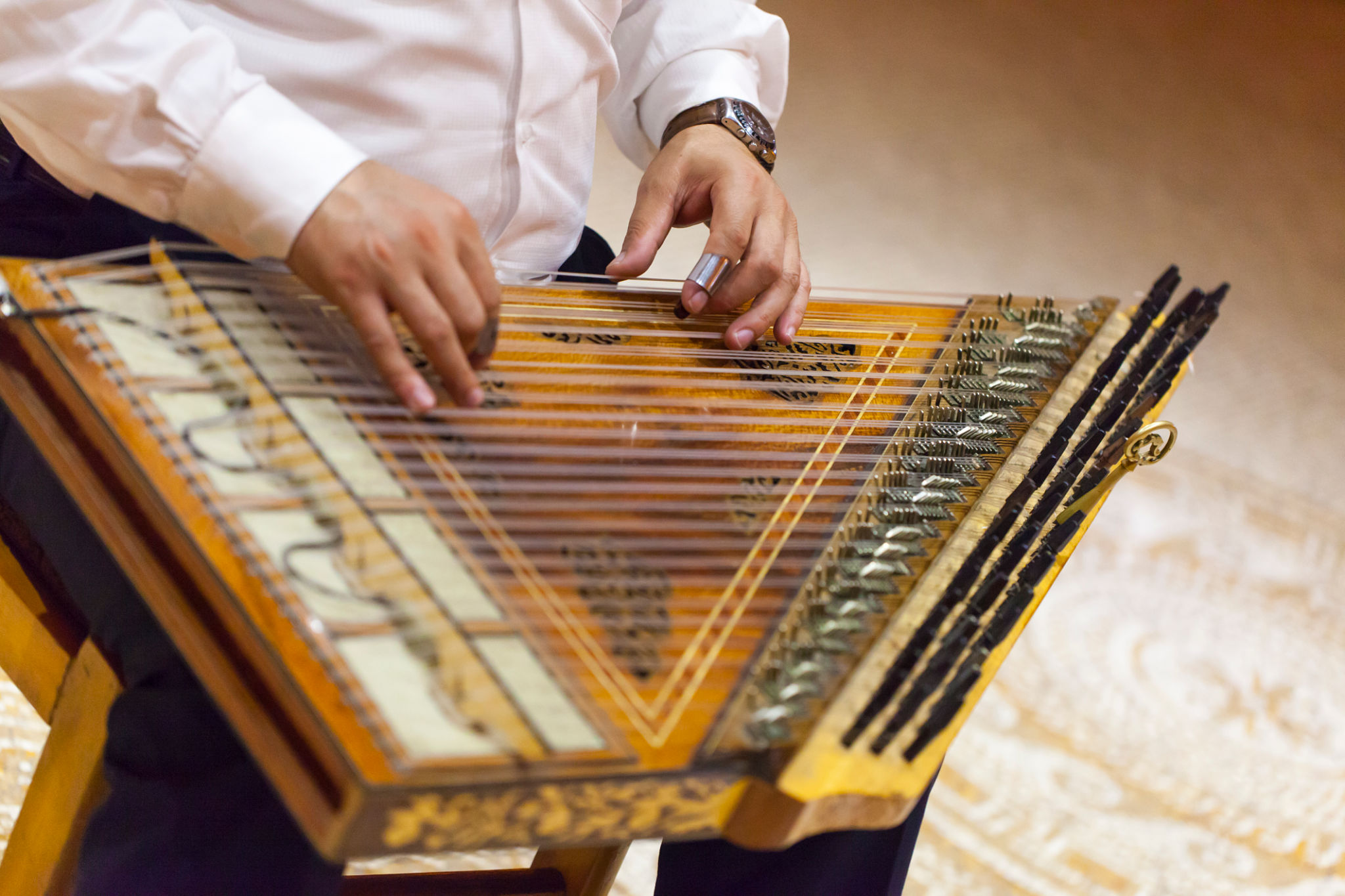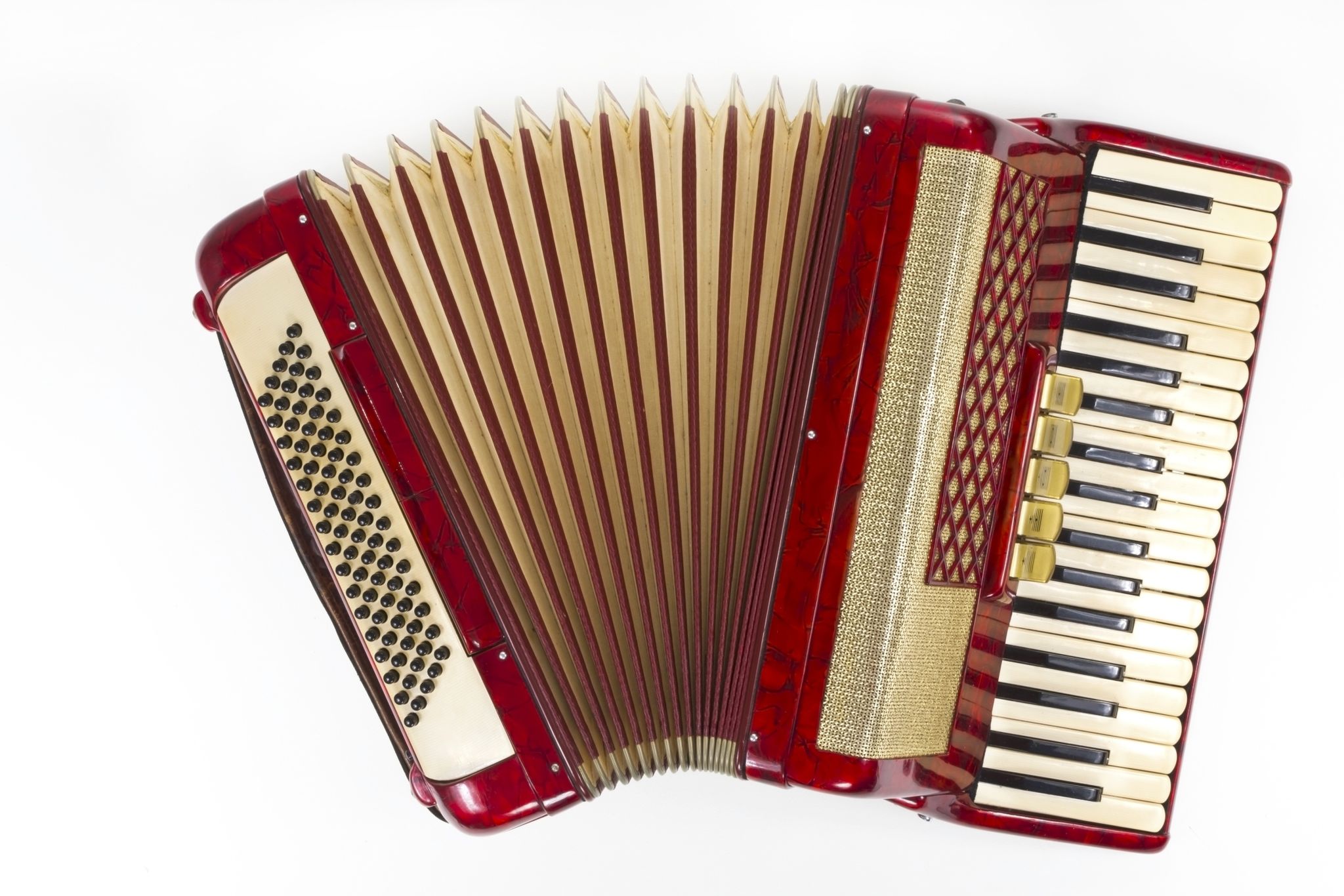Top Trends in Middle Eastern Event Music for Unforgettable Celebrations
The Rise of Fusion Genres
Middle Eastern event music is embracing a thrilling evolution by integrating fusion genres that are captivating audiences worldwide. This trend involves the blending of traditional Middle Eastern sounds with modern and international influences. Artists are now combining elements of pop, jazz, and even electronic dance music (EDM) with classical Middle Eastern instruments like the oud and darbuka.
This fusion has resulted in unique compositions that resonate with diverse audiences, making them perfect for weddings, corporate events, and festive gatherings. These innovative sounds not only honor cultural heritage but also appeal to younger generations seeking fresh and exciting musical experiences.

Interactive and Live Performances
Another significant trend in Middle Eastern event music is the emphasis on interactive and live performances. Event planners are increasingly opting for live bands and musicians who can engage with the audience, creating a dynamic and intimate atmosphere. This approach is particularly popular at weddings and private events where personal interaction enhances the celebration.
Live performances often feature a mix of traditional songs and contemporary hits, allowing guests to enjoy a rich musical journey. Musicians frequently encourage audience participation, inviting them to dance or sing along, which adds to the festivities' vibrancy.

The Incorporation of Technology
Technology is playing a pivotal role in shaping the future of Middle Eastern event music. DJs and performers are utilizing advanced sound and lighting systems to elevate the overall experience. The use of digital platforms and software allows for seamless mixing of tracks, creating a continuous flow of music that keeps the energy high.
Moreover, technology facilitates the customization of playlists to suit the specific preferences of event hosts, ensuring that every celebration is as unique as its attendees. This technological integration is particularly beneficial for large-scale events where maintaining a consistent atmosphere is crucial.
Revival of Classic Tunes
While innovation is key, there is also a noticeable revival of classic Middle Eastern tunes at events. These timeless pieces are cherished for their lyrical beauty and emotional depth, often evoking a sense of nostalgia among guests. Event organizers are incorporating these classics into their playlists, sometimes reimagined with modern arrangements to appeal to contemporary tastes.

This revival trend ensures that cultural traditions remain a part of current celebrations, bridging generations through shared musical heritage. It also provides an opportunity for attendees to connect with their roots while enjoying a sophisticated event ambiance.
Focus on Cultural Representation
Finally, there is an increasing focus on ensuring cultural representation in Middle Eastern event music. This involves selecting artists and bands that authentically represent the diverse musical traditions of the region. Event planners are mindful of the rich tapestry of cultures within the Middle East and aim to reflect this diversity in their music selections.
By doing so, they create an inclusive environment that respects and celebrates various cultural identities. This approach not only enriches the event experience but also fosters a sense of community among attendees.

In conclusion, Middle Eastern event music is undergoing exciting transformations that make celebrations more memorable than ever. With fusion genres, live performances, technological advancements, classic revivals, and cultural representation at the forefront, hosts can craft events that leave a lasting impression on their guests. As these trends continue to evolve, they promise to add new dimensions to the art of celebration in the Middle East and beyond.
